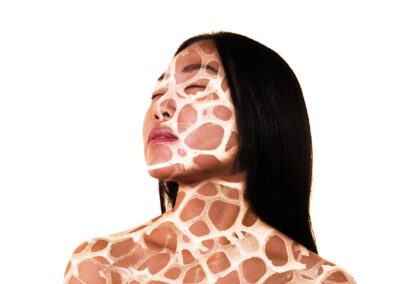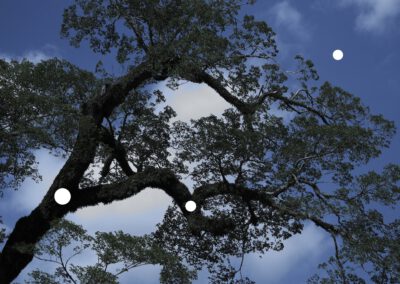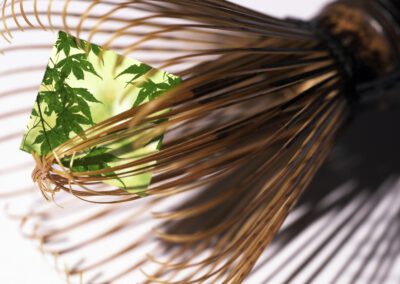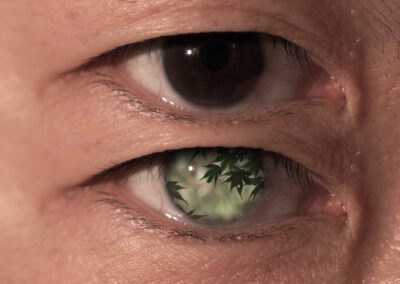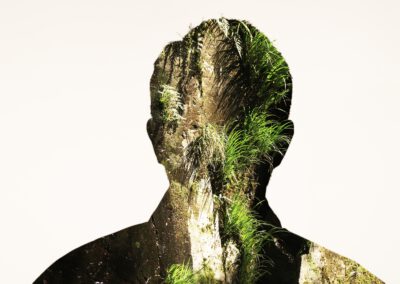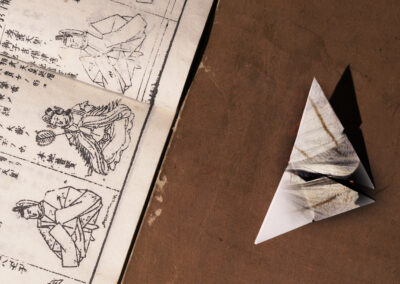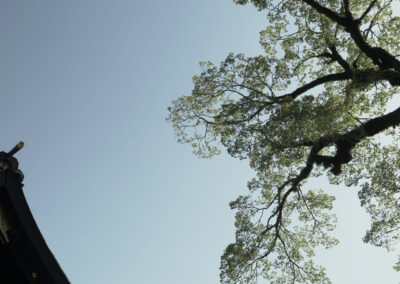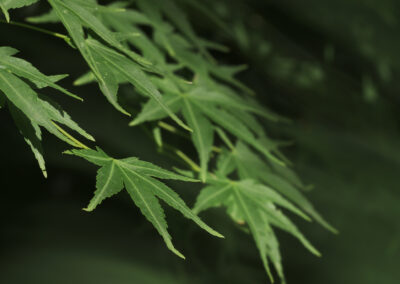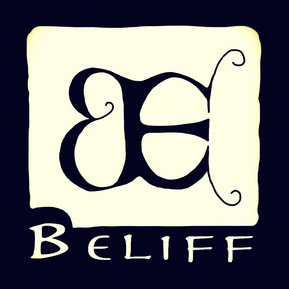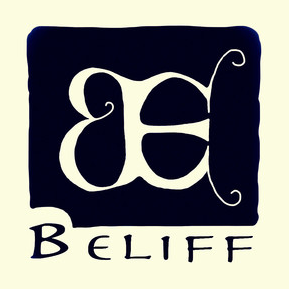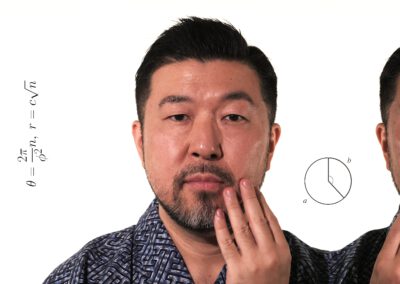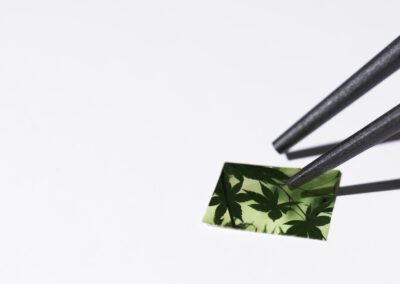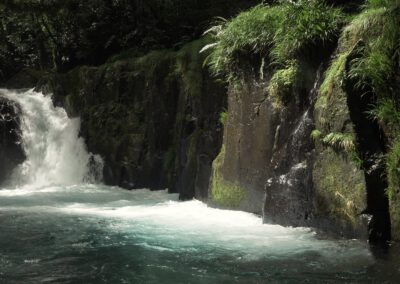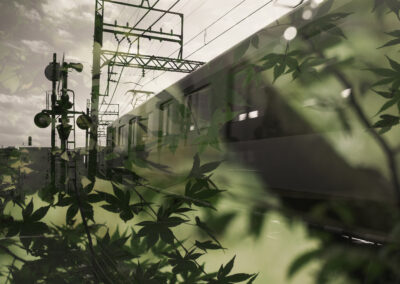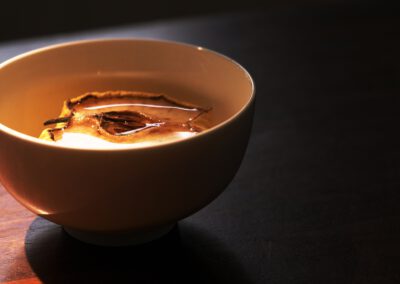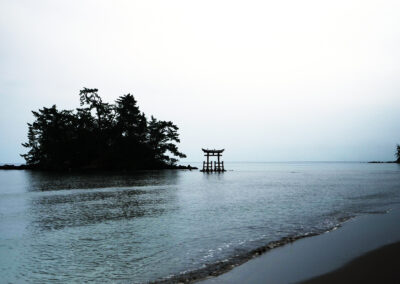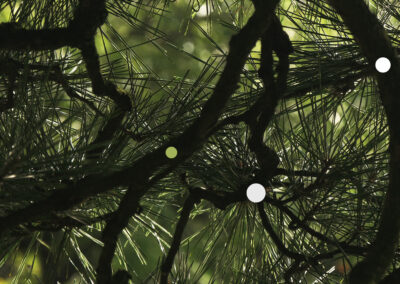
Haiku | 俳句
Auszeichnungen | Awards
- Official Selection, 32th Girona Film Festival GFF, September 23 – October 3, Girona, Spain
- Official Selection, 7th Goa Short Film Festival, October 20-31, 2020, Goa, India
- Official Selection, BonDance International Film Festival(盆おどり国際映画祭), September 19-21, 2020, Ureshino, Saga, Japan
- Europe Asia Silver Award, Europe Asia Festival of Cinema, Jakarta, Indonesia
- Semi-Finalist, Buenos Aires International Film Festival, July 10, 2021, Argentina
- Official Selection, 38th Asolo Art Film Festival, July 20-26, 2020, Asolo, Italy
- Official Selection, 9th On Art International Film Festival, July 3 – September 6, 2020, Warsaw and 9 other cities in Poland
- Honorable Mention, Experimental Forum, Los Angeles, USA
- Official Selection, R.E.D. International Film Festival / dance-art-cinema, July 3-11, 2020, Eina, Norway
- Official Selection, 11th Tokyo Lift-Off Film Festival, June 1-25, 2020, Tokyo, Japan
- Finalist, Kuala Lumpur International Film Festival in the Sky 2020, Malaysia
- Official Selection, Near Nazareth Film Festival, screening: June 5, 2020, Afula, Israel
- Official Selection, Switzerland International Film Festival, May 25-29, 2020, Aubonne, Switzerland
- 1st place winner “Best Experimental”, 11th LA Movie Awards, September 26-27, 2020, Los Angeles, USA
- Nominee “Best Experimental”, Bucharest ShortCut CineFest, August 27, 2020, Romania
- Finalist, Stockholm Independent Film Festival, December 11-12, Sweden
- Official Selection, Cadence: Video Poetry Festival, April 18, 2020, Seattle, USA
- “Best Experimental Film” at ARFF Amsterdam, Netherlands
- “Best Experimental Film” at ARFF Berlin, Germany
- Official Selection, 26th TRMF Experimental Media Festival, March 28, Asheville, NC, USA
Trailer
Synopsis
“Haiku | 俳句” is a symphonic audiovisual project for two Japanese performers, alternating percussion groups, soundscapes and rhythmicized video sequences. The film is an experimental approach to pay tribute to the beauty of Japan and the extraordinary art of Japanese haiku poetry of 15th to early 20th century.
Following the typical structure of a traditional Japanese haiku the film contains 17 specific events divided in three parts of 5, 7 and again 5 units. All these events are built and derived from original Japanese haiku, contemporary text sequences, sound patterns or pure music sections. In their entirety they create a kind of abstract and virtual “hyper-haiku” including a typical “seasonal” and “cutting word” called kigo and kireji.
Contrary to expectations, traditional haiku usually imply no personal views or emotional reflections in the first instance. They rather describe different frozen moments in juxtaposition, intended leaps of thoughts and images, crystallized and distilled to be perceived just like they are.
So, the speech, images and music of “Haiku | 俳句” are intentionally kept in suspense like in common haiku poetry. They wait for an audience to come to life eventually. An audience that is willing to get involved in discovering the hidden superordinate haiku within combined chains of intertwined poetic visual and auditive associations, patterns and layers. Just by this interaction the haiku finally gets complete and reaches a state of emotionality. And at best, something new and touching emerges for each individual viewer.
Director´s Statement
I first came into contact with haiku poetry in my youth. In a small library. There was a book with selected haiku by the great Japanese poet Matsuo Bashō containing the original Japanese version and an English translation. Probably then, the fascination for this extraordinary poetry seems to have embedded itself somewhere inside me.
The real dimension of haiku poetry only became clear to me while visiting Japan for the first time years later. The untouched, partly wild nature in Japan has an almost spiritual attraction. At that time, as a composer, I asked myself whether it is possible to capture these wonderful impressions in an abstract haiku that does not consist of words and syllables, but of music, text and photographic events. This is how the idea came about for the current project.
However, the implementation should take a few more years. In order to be able to select suitable traditional Japanese haiku for the film project in terms of content and sound, it was initially essential to fully learn all the official Japanese characters called kanji in order to be able to research in Japanese databases at all. A really difficult learning session!
For example Kobayashi Issa, one of the four great haiku poets whose haiku I use in the film project, wrote more than 20,000 haiku. At first it looked as if it would be an almost impossible undertaking to find the suitable thematic texts for the film. So, it took several months to create the script for the film.
Following the typical structure of a traditional Japanese haiku the film contains 17 specific events divided in three parts of 5, 7 and again 5 units. All these events are built and derived from original Japanese haiku, contemporary text sequences, sound patterns, rhythmicized video sequences or pure music sections. In their entirety they create a kind of abstract and virtual “hyper-haiku” including a typical “seasonal” and “cutting word” called kigo and kireji.
The music of “Haiku | 俳句”is inspired by the omnipresent rhythms of nature. I therefore decided only to use percussion instruments for the music. In total, more than 100 individual instruments were recorded for the film project, an exciting experience. My special thanks go to Tobias Liebezeit, a true sound magician!
Working with the two actors was also a great asset. It was not easy to find two Japanese performers who were willing to communicate their inner feelings unfiltered only through facial expression and body language. With Eri Uchino and Cauro Hige I finally found the best actors that I can imagine for the film. The interaction during the shoot was absolutely fascinating and very touching.
Contrary to expectations, traditional haiku usually imply no personal views or emotional reflections in the first instance. They rather describe different frozen moments in juxtaposition, intended leaps of thoughts and images, crystallized and distilled to be perceived just like they are.
So, the speech, images and music of “Haiku | 俳句” are intentionally kept in suspense like in common haiku poetry. They wait for an audience to come to life eventually. An audience that is willing to get involved in discovering the hidden superordinate haiku within combined chains of intertwined poetic visual and auditive associations, patterns and layers. Just by this interaction the haiku finally gets complete and reaches a state of emotionality. And at best, something new and touching emerges for each individual viewer.
Overall, the implementation of the project was a very rich and wonderful experience. A time that I really enjoyed and that is still having an impact on me. I hope that I can take the audience on my journey into a very special world and culture. There’s a lot to discover!
When I look back, the film is probably nothing more than an absolute declaration of love for Japan, its people, culture and wonderful nature.
Pressestimmen | Press commentaries
…the visual preponderance and dominance of HAIKU is undoubtedly laudable for its coherent tread and elaborate architecture. Especially since film is a visual art this makes the method genuinely serve the purpose and the shape beautifully crown the substance…
…an extraordinary idea and at the same time a grandiose lesson about one’s necessity to be humble and aware of their true condition (and place) in order to fulfil their adopted mission…
…cinematographically mesmerising, lyrical and meditative, HAIKU is a spellbinding picturesque knead of the ethereal ineffable addressed to the connoisseur…
Reviewed by Vlad Dorofte
BELIFF – Be Epic! London International Film Festival
2020
Credits
Concept, Music, Editing, Director of Photography | コンセプト、音楽、編集、撮影監督
Martin Gerigk | 丸天
Narration, Performance | 語り、出演
Eri Uchino | 内野江梨
Cauro Hige | 髭カウロ
Percussion | パーカッション
Tobias Liebezeit | トビアス・リブツァイト
Audio Recording | オーディオレコーディング
Philipp Zdebel | フィリップ・ズデベル
Ambient Recording | アンビエント録音
Stephan Sixt | ステファン・ジクスト
Haiku by Iio Sōgi (1421-1502), Arakida Moritake (1473-1549), Matsuo Bashō (1644-1694), Yosa Buson (1716- 1784), Kobayashi Issa (1763-1828), Masaoka Shiki (1867-1902)
俳句は飯尾宗祇、荒木田守武、松尾芭蕉、与謝蕪村、小林一茶、正岡子規による
Additional Text |追加のテキスト
Cauro Hige | 髭カウロ
Martin Gerigk | 丸天
